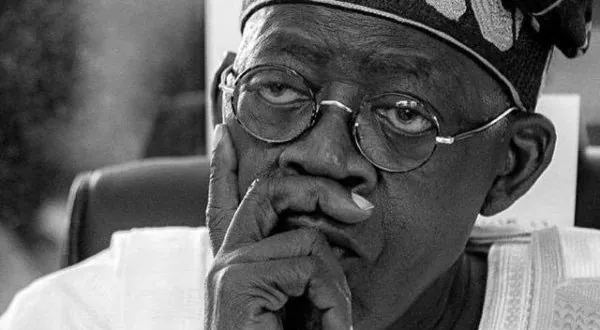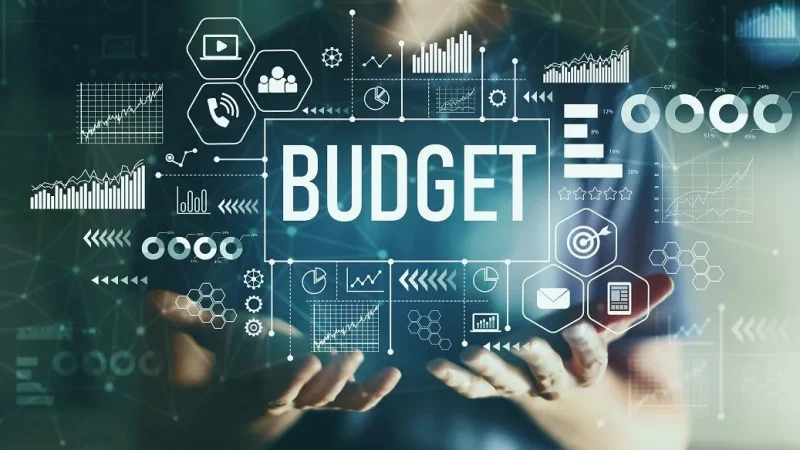Has the promise of the Fourth Republic lived up to expectations?
In May 1999, Nigeria stood on the cusp of a new dawn. After nearly 16 years of brutal military dictatorship, the country returned to democratic rule under President Olusegun Obasanjo. Streets were filled with hope. Ballots replaced bullets. Nigerians believed that democracy would finally bring peace, justice, and prosperity.
Twenty-five years later, that dream feels increasingly deferred.
Today, Nigeria’s democracy is facing its sternest test. Amid worsening insecurity, a cost-of-living crisis, electoral distrust, institutional decay, and citizen apathy, many are asking: What has democracy truly delivered?
Elections Without Electoral Power
One of democracy’s biggest promises is the power to choose — and remove — leaders through free and fair elections. But in Nigeria, elections often feel like a ritual of frustration. Ballot boxes are stuffed, votes are bought, violence mars polling stations, and judicial rulings appear influenced by political interests rather than the constitution.
In the 2023 general elections, voter turnout plunged to a historic low of 27% — a damning sign of public disillusionment. Confidence in the Independent National Electoral Commission (INEC) has eroded, and post-election litigations have become a norm rather than an exception.
The Legislature: Voice of the People or Echo of the Presidency?
Nigeria’s National Assembly is constitutionally a co-equal arm of government, designed to check executive excesses and represent citizens. Yet, critics argue it has become increasingly docile — approving budgets without scrutiny, rubber-stamping executive decisions, and spending extravagantly on itself while the populace grapples with poverty.
“Democracy thrives on dissent,” says political analyst Aisha Mohammed. “But what we see is a system where lawmakers toe the line of political godfathers instead of their constituents.”
Security and Rule of Law
Across Nigeria, the scent of insecurity is pervasive. From banditry in the North-West to farmer-herder clashes in the Middle Belt, from kidnappings in the South-East to oil theft in the South-South, violence has persisted under democratic governments.
The judiciary, meant to uphold the rule of law, struggles with delayed justice, corruption allegations, and political interference. For the average Nigerian, justice remains expensive, slow, or out of reach.
Corruption and Economic Paradox
The fight against corruption has been a recurring campaign slogan in every election cycle. Yet, public trust in anti-corruption institutions like the EFCC has declined. Recent reports of “budget padding,” diversion of palliatives, and unaccounted-for funds fuel a perception that corruption simply rotates among the elite, regardless of the ruling party.
Meanwhile, Nigeria, Africa’s most populous nation and largest economy, remains home to over 133 million people living in multidimensional poverty.
“Democracy hasn’t fed us,” laments Grace Oche, a schoolteacher in Benue State. “We vote and suffer. That’s not the democracy we were promised.”
Civil Liberties: Shrinking Spaces
In theory, democracy guarantees free speech, press freedom, and civic participation. But journalists and activists continue to face intimidation, detention, and censorship. The use of security agencies to silence dissent is a recurring concern, particularly under the guise of “national security.”
Digital spaces — especially social media — have become the new battleground between state power and citizen expression.
The Hope Ahead
Despite the setbacks, democracy is not without its wins. Nigeria has held six successive elections, transitioned power between parties, and seen growing youth activism, especially through movements like #EndSARS. Civil society remains vibrant, and investigative journalism continues to expose abuse.
The question now is not whether democracy has failed — but whether Nigerians are ready to demand a better version of it.
“The next 25 years must be about deepening—not just defending—democracy,” says Dr. Bamidele Olufemi, a governance scholar. “Accountability must move from election day to every day.”
As Nigeria marks 25 years of civilian rule, democracy stands at a crossroads: trialed by failure, tested by time, but still holding the promise of redemption. Whether that promise is realized depends not just on politicians — but on the people who must reclaim its power.





